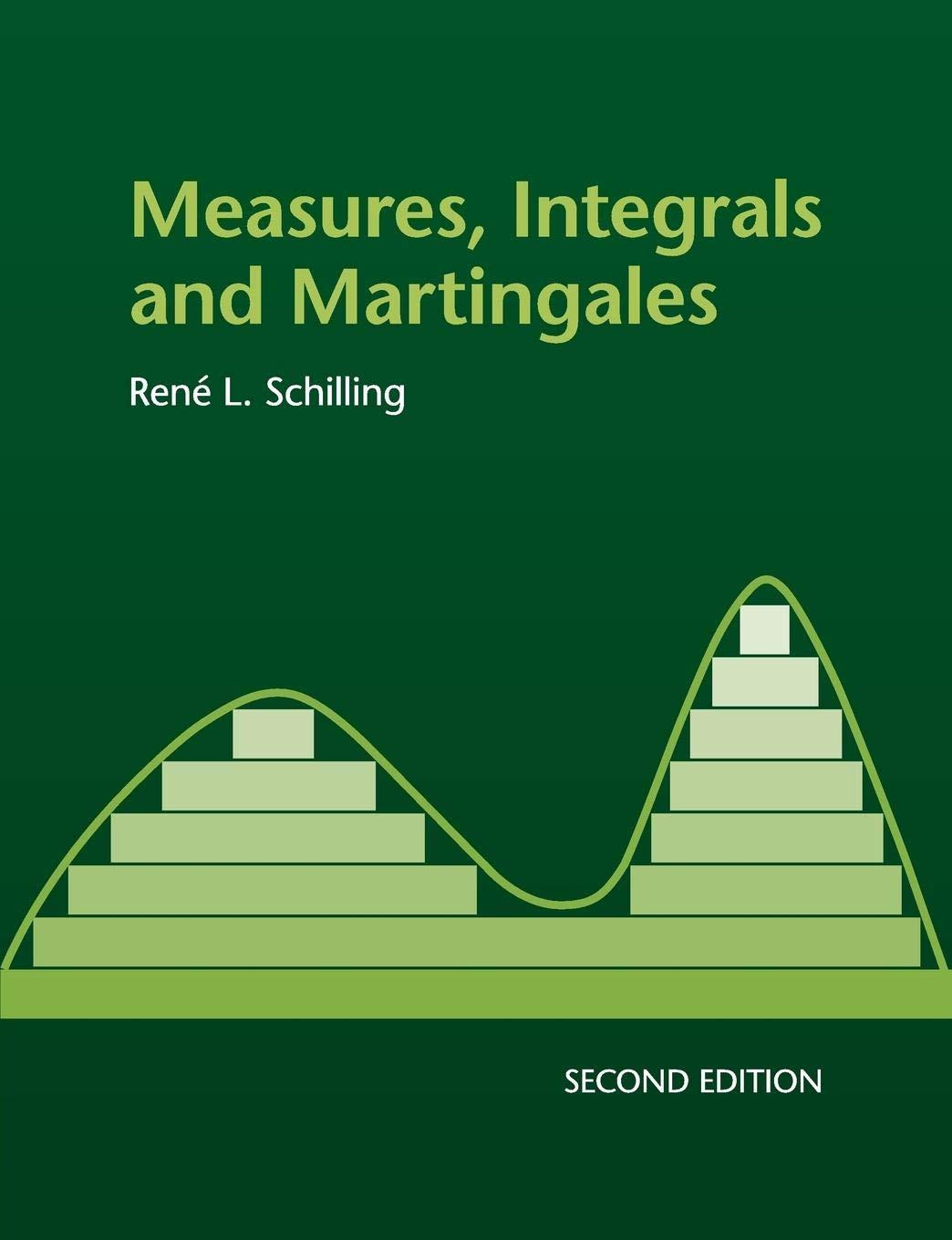(i) Show that for suitable constants (c_{k}, s_{k}, sigma_{k} in mathbb{R}) and all (n in mathbb{N}_{0}) [cos...
Question:
(i) Show that for suitable constants \(c_{k}, s_{k}, \sigma_{k} \in \mathbb{R}\) and all \(n \in \mathbb{N}_{0}\)
\[\cos ^{n} x=\sum_{k=0}^{n} c_{k} \cos (k x), \sin ^{2 n+1} x=\sum_{k=1}^{n} s_{k} \sin (k x), \sin ^{2 n} x=\sum_{k=1}^{n-1} \sigma_{k} \cos (k x)\]
(ii) Show that for suitable constants \(a_{k}, b_{k} \in \mathbb{R}\) and all \(n \in \mathbb{N}\)
\[\cos (n x)=\sum_{k=0}^{n} a_{k} \cos ^{n-k} x \sin ^{k} x \quad \text { and } \quad \sin (n x)=\sum_{k=1}^{n} b_{k} \cos ^{n-k} x \sin ^{k} x\]
(iii) Deduce that every trigonometric polynomial \(T_{n}(x)\) of order \(n\) can be written in the form
\[U_{n}(x)=\sum_{k, n=0}^{n} \gamma_{k, n} \cos ^{k} x \sin ^{n} x\]
and vice versa.
Fantastic news! We've Found the answer you've been seeking!
Step by Step Answer:
Related Book For 

Question Posted:





